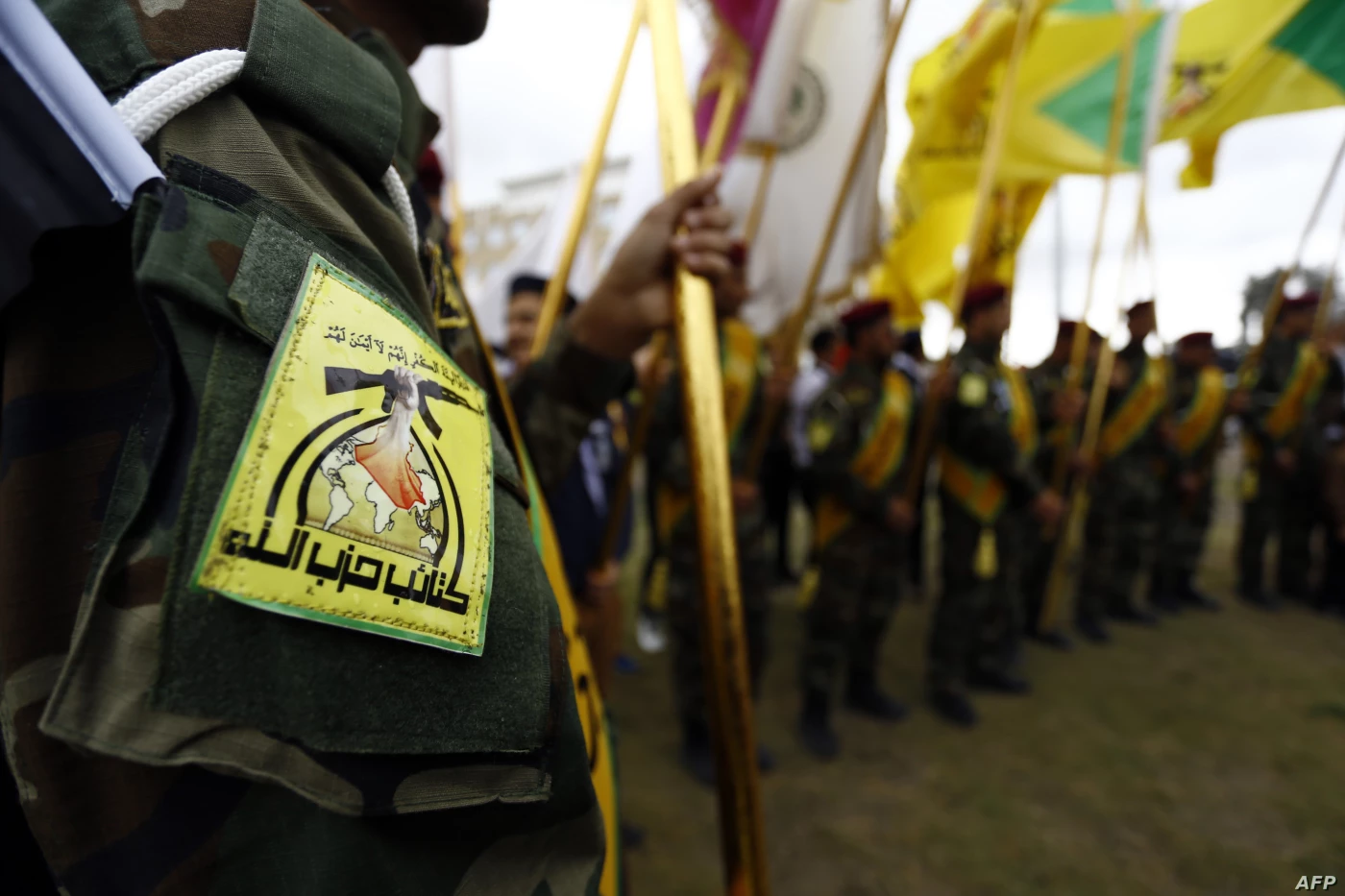Iran-backed Iraqi armed factions have agreed to an undeclared truce with US forces on the condition that they do not attack them or use Iraqi airspace to launch attacks against the Islamic Republic of Iran, Iraqi paramilitary commanders told The New Region.
Iraqi Prime Minister Mohammed Shia al-Sudani concluded an agreement with the US administration at the end of July to end the mission of the US-led Global Coalition and schedule the withdrawal of US forces from Iraqi territory starting in September 2024 and ending in September 2026.
More than 2,400 US security personnel have been deployed in Iraq and another 800 in Syria since 2014 at the request of the Iraqi government to fight ISIS, which swept through large areas of Iraqi territory in the west and north of the country after taking control of areas in eastern Syria.
Ending the US military presence is one of the key demands of the Iranian-backed Shiite political and armed forces.
The leaders of the ruling Coordination Framework, which includes most of the political forces and armed Shiite factions, in a private meeting dedicated to discuss the latest developments of the Iraq-US security talks last week, approved the agreement concluded by Sudani with the US administration, but Kataib Hezbollah’s stance, one of the most powerful armed Shiite factions, was one of the challenges facing Sudani and threatened to sabotage the deal.
READ MORE: Iraq, US reached deal to withdraw troops in two years
Kataib Hezbollah and the Hezbollah-al-Nujaba Movement, which currently lead the axis of armed Iraqi resistance, were not part of that meeting and their position on that agreement were not clear.
A statement issued on Sunday by the "Iraqi Resistance Coordination", which is currently dominated by Kataib Hezbollah, included implicit approval of the agreement, but with conditions.
The Resistance Coordination stipulated that none of the armed factions operating under its umbrella should be attacked by US forces and that Iraqi airspace should not be used to in any attacks targeting the Islamic Republic of Iran.
"Kataib Hezbollah’s conditions are clear. If they (US troops) do not attack us, we will not attack them. This is the most important condition," a pro-Iran paramilitary commander told The New Region.
“As for exploiting Iraqi airspace to attack Iran, this is a condition that we all have and it is non-negotiable one and we will not turn a blind eye to it,” the commander added. “Attacking Iran through Iraqi airspace will get things out of control.”
The Middle East has been witnessing a major security escalation for more than a week following the assassination of Ismail Haniyeh, head of the political bureau of the Palestinian Hamas movement on July 31, in an explosion that targeted his residence in Tehran.
Iran accused Israel of carrying out the attack and vowed to respond with a large-scale retaliation.
Last month, US forces launched an airstrike targeting a group of Kataib Hezbollah fighters in Jurf al-Sakhar, north of Baghdad, killing three of them and a Yemeni Houthi military technical expert.
Several days later, a number of missiles-launched from a portable missile launcher targeted Ain al-Asad air base in western Anbar, which hosts US forces, wounding five US security services, Pentagon, said.
An armed faction called “Revolutionaries” operating under the umbrella of the “Iraqi Resistance Coordination” claimed responsibility for the attack.
Commanders of Shiite armed factions said that “Revolutionaries” is a fictitious name for one of the groups linked to Kataib Hezbollah and that the attack was in response to the US raid that targeted its fighters in Jurf al-Sakhar.



 Facebook
Facebook
 LinkedIn
LinkedIn
 Telegram
Telegram
 X
X


